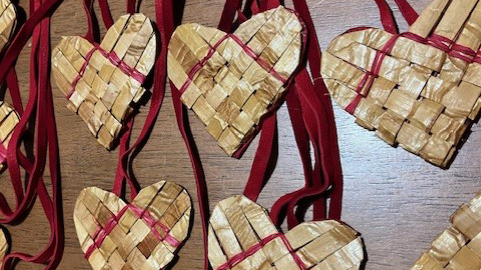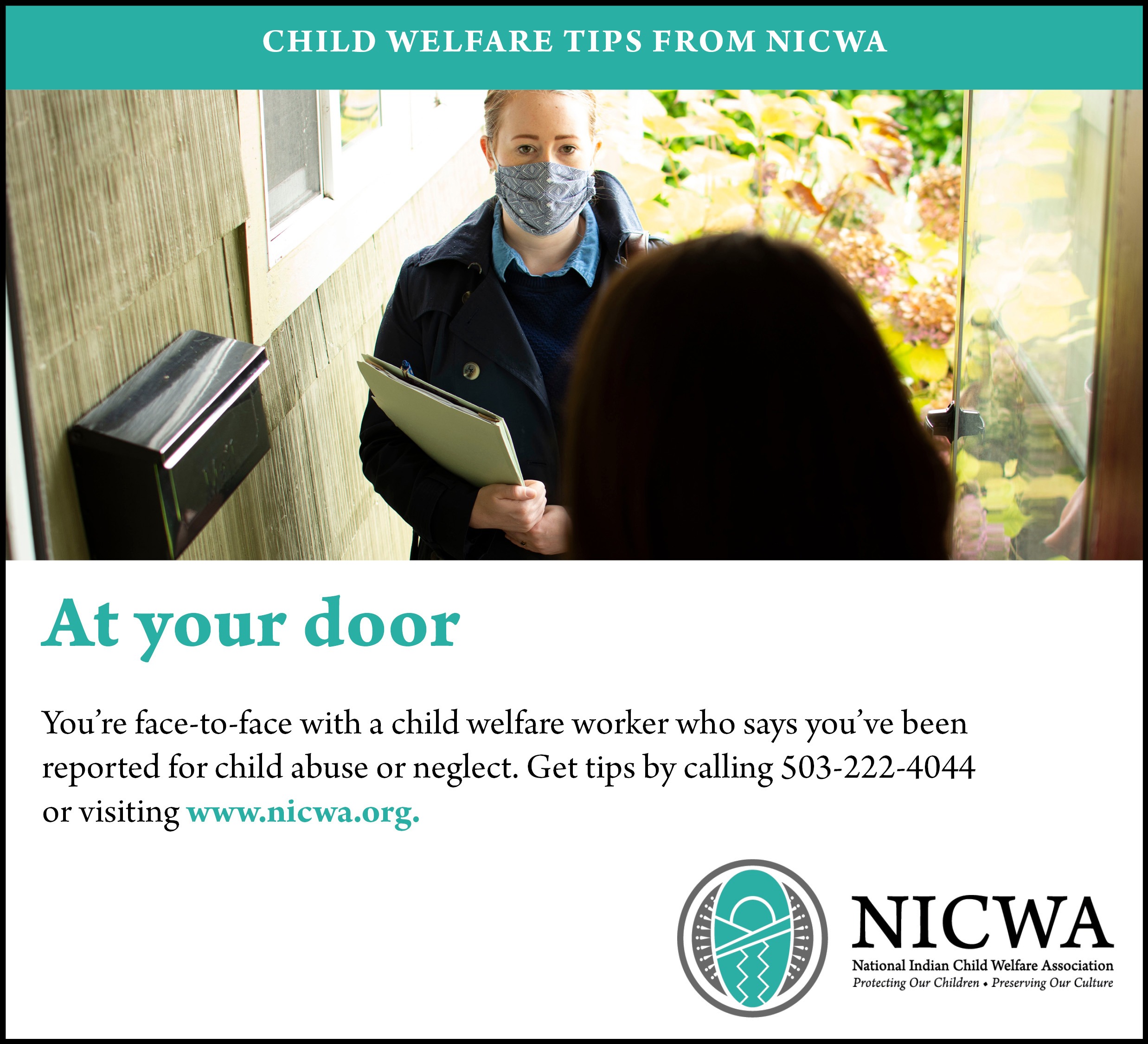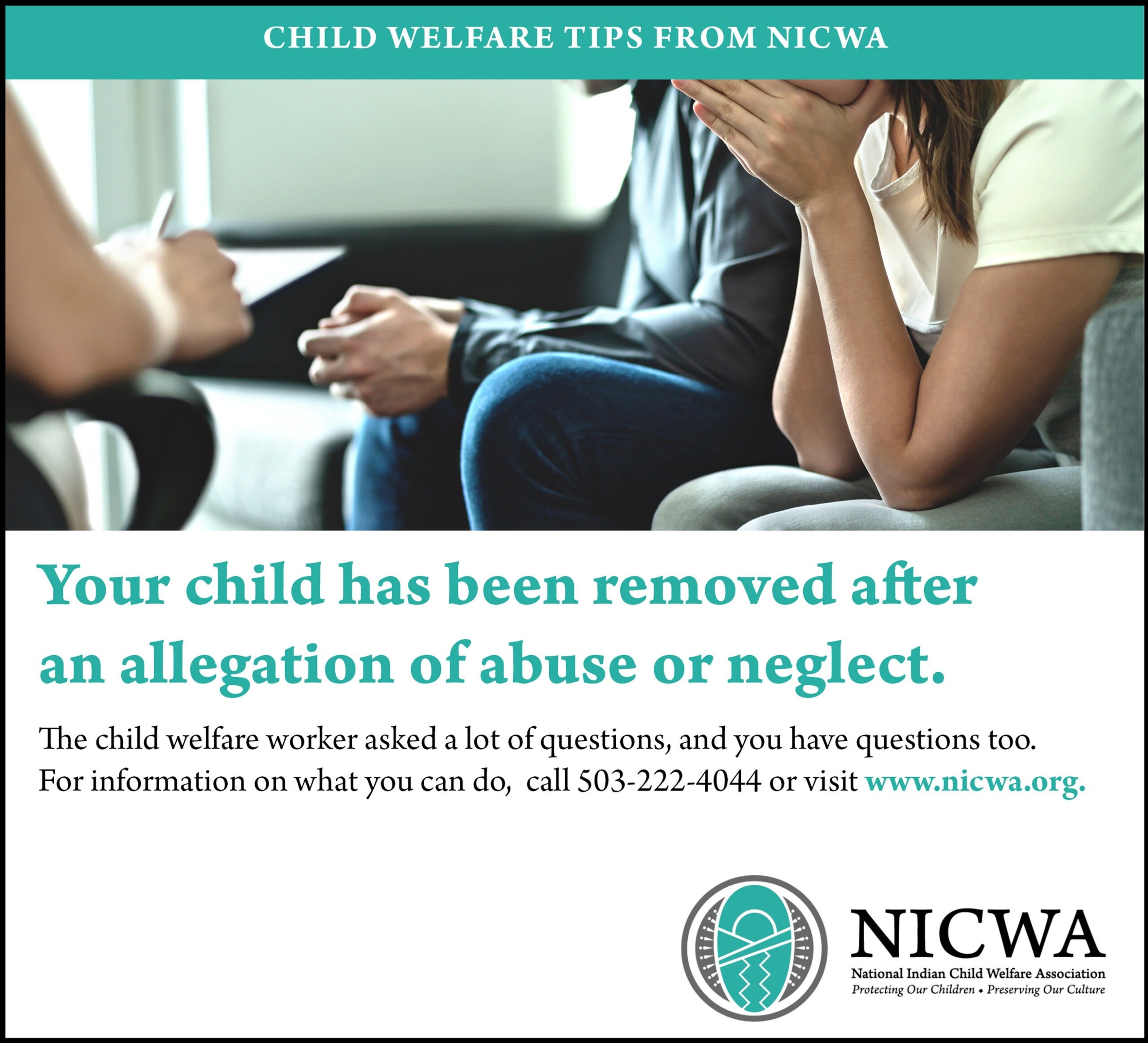Resources for Common Question
If you think the Indian Child Welfare Act (ICWA) applies, trace your ancestry, and pursue enrollment with your tribe if needed.
Resource: Tracing Your Native Ancestry
Get familiar with your legal rights under ICWA.
Resource: Your Rights Under the Indian Child Welfare Act
What if ICWA doesn’t apply to my child welfare case?
Resource: ICWA Doesn’t Apply to My Child Welfare Case. What Other Help Can I Receive?
How can I report an unethical child welfare worker?
Resource: How to Report an Unethical CPS Worker
How can I contact the American Indian or Alaska Native Tribal government of which I am a member?
Resource: Indian Child Welfare Act; Designated Tribal Agents for Service of Notice,
How can I share my story and advocate for myself? Read chapter 8 of the grandfamilies toolkit and share this document with your caseworker.
Where can I go to get help for substance abuse issues in the family, mental health issues related to the child abuse or neglect investigation, or domestic violence in my home?
- National Domestic Violence Hotline (website chat) or call 1-800-799-7233
- Substance Abuse or Mental Health: The Substance Abuse and Mental Health Service Administration’s National Helpline is 1-800-662-HELP (4357) or TTY: 1-800-487-4889. It is a confidential, free, 24-hour-a-day, 365-day-a-year, information service, in English and Spanish, for individuals and family members facing mental and/or substance use disorders. This service provides referrals to local treatment facilities, support groups, and community-based organizations. Callers can also order free publications and other information. Also visit the online treatment locators. The website has many other service locators on a menu on the left-hand side.
- Economic Security/Income Assistance: “Getting Help with Living Expenses.” Benefit finder tool: https://www.benefits.gov/benefit-finder
- 988 Suicide & Crisis Lifeline contact a caring counselor 24/7 by call/text/chat whether you are facing mental health struggles, emotional distress, alcohol or drug use concerns, or just need someone to talk to.
- StrongHearts Native Helpline at 1-844-7NATIVE (762-8483), a 24/7 safe, confidential, and anonymous domestic and sexual violence helpline for Native Americans and Alaska Natives, offering support and advocacy
- 211 national line that helps people connect to local health and human services, such as food, housing, healthcare, legal help, and more. Call 211 to speak to someone now, or search by location for online resources and more contact information here.


